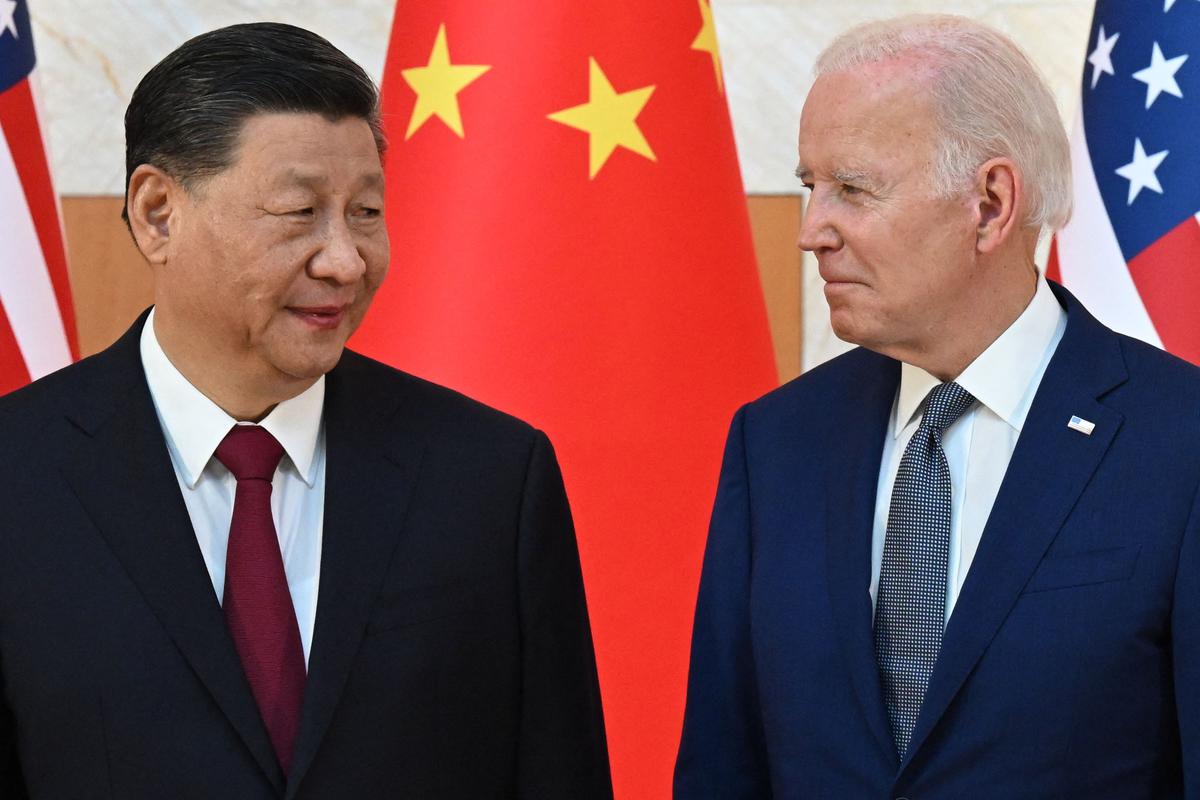
In a recent statement, President Biden made a striking comparison between Chinese President Xi Jinping and other ‘dictators.’ This remark has sparked a heated debate and drawn strong reactions from China, with officials labeling the comments as ‘extremely absurd and irresponsible.’ Let us delve deeper into the implications of Biden’s statement, China’s response, and the potential impact on international relations.
The Biden-Xi Jinping Comparison
President Biden’s remark likening Xi Jinping to ‘dictators’ reflects a growing concern over China’s policies and actions, particularly in relation to human rights issues, international trade, and regional influence. By using such strong language, Biden intends to draw attention to what he perceives as an authoritarian approach by the Chinese government.
China’s Response: Denial and Dismissal
Unsurprisingly, China swiftly reacted to Biden’s statement, dismissing it as ‘extremely absurd and irresponsible.’ Chinese officials have vehemently defended President Xi Jinping, highlighting the country’s commitment to stability, economic growth, and a peaceful global order. They argue that China’s rise as a global power has been accompanied by substantial progress in various aspects, including poverty reduction and technological advancements.
Tensions and Potential Consequences
The exchange of words between President Biden and China’s leadership only further exacerbates the already strained relations between the two countries. Tensions have been simmering for years, ranging from economic disputes to human rights concerns, and now the language used by world leaders adds fuel to the fire. The potential consequences of this verbal clash can be far-reaching.
Impact on Bilateral Relations
The strained relationship between the United States and China has implications beyond political rhetoric. It affects economic ties, trade agreements, and diplomatic negotiations. Both countries possess significant global influence, and their interactions shape the dynamics of the international stage. As the world’s two largest economies, any deterioration in their relationship could have far-reaching consequences for global trade and stability.
Regional and Global Alliances
The geopolitical landscape is heavily influenced by the alignment of nations and regional alliances. The United States has been actively seeking to strengthen partnerships with its allies in the Indo-Pacific region to counterbalance China’s growing influence. Biden’s comments may solidify these alliances further, as countries concerned about China’s rise could find common ground with the United States.
Impact on Public Perception
Public perception plays a vital role in shaping international affairs. Biden’s comparison of Xi Jinping with ‘dictators’ resonates with individuals who share concerns about China’s human rights record and assertive foreign policies. This may strengthen domestic support for policies aimed at holding China accountable. However, it can also deepen divisions and contribute to a more polarized global discourse.
Conclusion
President Biden’s comparison of Xi Jinping with ‘dictators’ has triggered a strong reaction from China, which dismisses the comments as ‘extremely absurd and irresponsible.’ The tension between the two nations has far-reaching implications for their bilateral relations, regional alliances, and public perception. As the world watches these developments unfold, the future of U.S.-China relations hangs in the balance, with potential consequences for global stability and prosperity.
